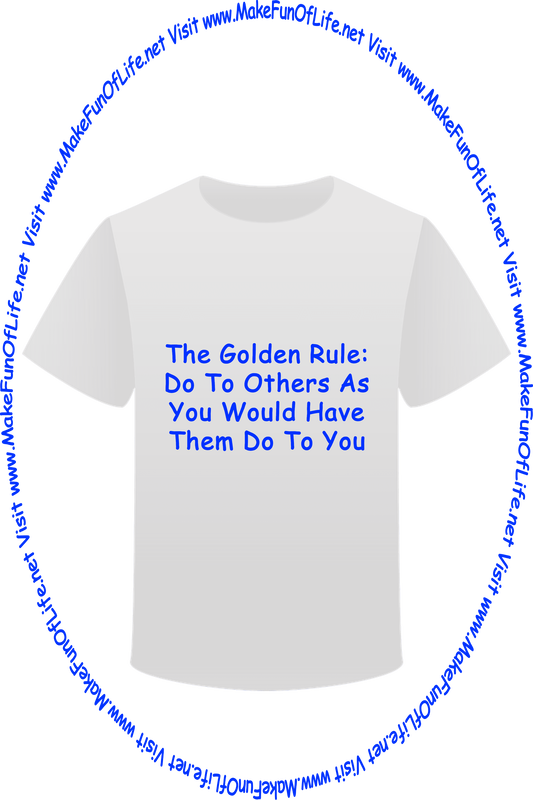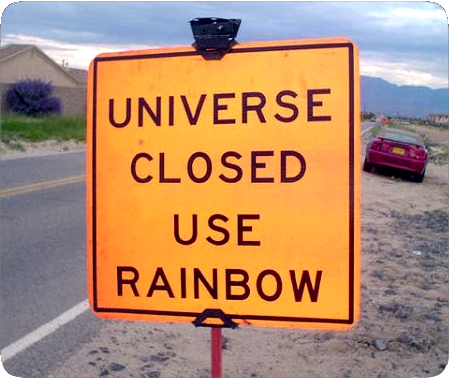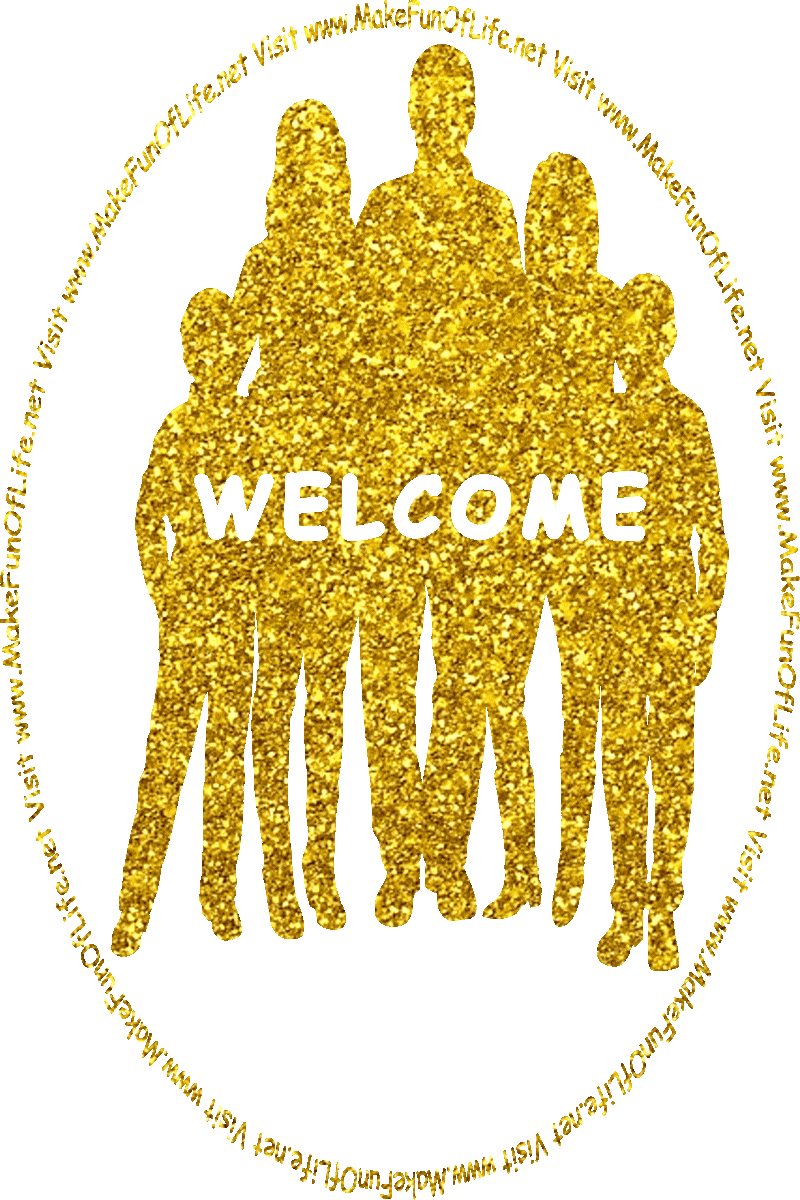Contented John
One honest John Tomkins, a hedger and ditcher,
Although he was poor, did not want to be richer;
For all such vain wishes in him were prevented
By a fortunate habit of being contented.
Though cold was the weather, or dear was the food,
John never was found in a murmuring mood;
For this he was constantly heard to declare, -
What he could not prevent he would cheerfully bear.
“For why should I grumble and murmur?” he said;
“If I cannot get meat, I can surely get bread;
And, though fretting may make my calamities deeper,
It can never cause bread and cheese to be cheaper.”
If John was afflicted with sickness or pain,
He wished himself better, but did not complain,
Nor lie down and fret in despondence and sorrow,
But said that he hoped to be better to-morrow.
If any one wronged him or treated him ill,
Why, John was good-natured and sociable still;
For he said that revenging the injury done
Would be making two rogues when there need be but one,
And thus honest John, though his station was humble,
Passed through this sad world without even a grumble;
And I wish that some folks, who are greater and richer,
Would copy John Tomkins, the hedger and ditcher.
by Jane Taylor
Jane Taylor was born on 23 September 1783 in London, England, as one among an extensive literary family. She became an essayist, a playwright, a short story writer, a novelist and a poet. Jane Taylor worked as an editor and writer for “Youth’s Magazine.” She is known as the author of the song, “The Star,” also known as “Twinkle, Twinkle Little Star” (1806), and the poem, “The Violet,” among other works. Jane Taylor passed on at 40 years of age on 13 April 1824.
One honest John Tomkins, a hedger and ditcher,
Although he was poor, did not want to be richer;
For all such vain wishes in him were prevented
By a fortunate habit of being contented.
Though cold was the weather, or dear was the food,
John never was found in a murmuring mood;
For this he was constantly heard to declare, -
What he could not prevent he would cheerfully bear.
“For why should I grumble and murmur?” he said;
“If I cannot get meat, I can surely get bread;
And, though fretting may make my calamities deeper,
It can never cause bread and cheese to be cheaper.”
If John was afflicted with sickness or pain,
He wished himself better, but did not complain,
Nor lie down and fret in despondence and sorrow,
But said that he hoped to be better to-morrow.
If any one wronged him or treated him ill,
Why, John was good-natured and sociable still;
For he said that revenging the injury done
Would be making two rogues when there need be but one,
And thus honest John, though his station was humble,
Passed through this sad world without even a grumble;
And I wish that some folks, who are greater and richer,
Would copy John Tomkins, the hedger and ditcher.
by Jane Taylor
Jane Taylor was born on 23 September 1783 in London, England, as one among an extensive literary family. She became an essayist, a playwright, a short story writer, a novelist and a poet. Jane Taylor worked as an editor and writer for “Youth’s Magazine.” She is known as the author of the song, “The Star,” also known as “Twinkle, Twinkle Little Star” (1806), and the poem, “The Violet,” among other works. Jane Taylor passed on at 40 years of age on 13 April 1824.






































































































